#4- KOSA: The bill that trades our privacy for child safety
Let's talk regulation.
What is KOSA?
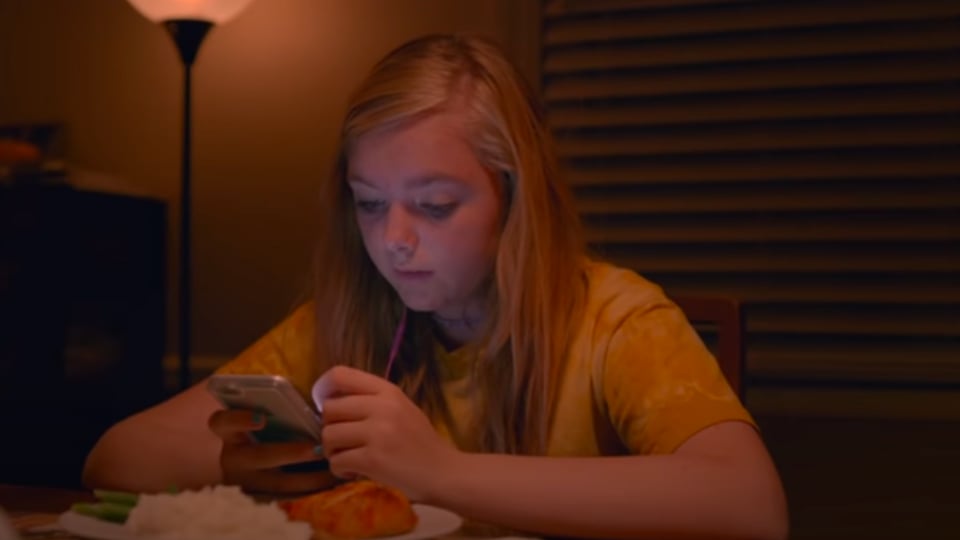
After years of stories about how social media use correlates with higher levels of anxiety, depression, and eating disorders, Congress has decided to do something about it.
The Kids Online Safety Act (KOSA) promises to make the internet safer for kids by forcing platforms to verify the age of their users, and then neuter the web for anyone under the age of 17. It was first introduced in 2022, but was met with a huge wave of criticism- 91 progressive activist organizations signed a letter condemning the bill. Those orgs included the ACLU, the Electronic Frontier Foundation, and GLAAD. So lawmakers re-wrote it to address some, but not all of the criticisms, and now it’s in front of the Senate again. If the people pushing the bill are right, these regulations could save lives. If the detractors are right, then this bill could seriously undermine privacy rights and empower massive anti-trans campaigns in red states.
KOSA was in the news this week because the Senate Judiciary Committee called the CEOs of five major tech companies to testify about online child safety. Before the hearing, the owner of Snapchat, Snap Inc., endorsed the bill. And during the hearing, so did X/Twitter CEO Linda Yaccarino. Doing this is a big deal, both companies are a part of a trade group called NetChoice that lobbies on behalf of major tech companies, and NetChoice hates this bill. Snap's endorsement makes sense because they need to be squeaky clean when it comes to child exploitation. Their main product is an app that is both the ideal sexting platform and primarily advertised towards children! But I don’t know why X endorsed the bill. Maybe Elon was pitched the bill during one of his ketamine parties.
Privacy Rights Will Change
The reason why the ACLU and big tech are on the same page is because KOSA, if passed, would require big tech to collect much more sensitive information about users. That could be dangerous for us, and expensive for them. The bill requires that platforms with over a million users, and over 500 employees, actually verify the age of its users.
Currently, platforms ask for your age, in accordance with the Children’s Online Privacy Protection Act (COPPA), but they don’t require proof. If you say you’re over 13, they trust you. For instance, when I made my Facebook account I was 12 years old, but the age minimum was 13. So I said I was born in 1921 (the earliest age they would accept at the time) and made my account anyway. Turns out, kids lie about their ages online all the time, and (at least) Meta has known about this for years.
That said, Internet privacy groups like the Electronic Frontier Foundation don’t see a way for platform companies to verify our age without the platforms taking our government documents. If they stored all those documents on a server and there’s a data breach, we could be in big trouble.
The bill will also give parents more control over their minor’s internet use. By default, parental controls will be turned on, and they will allow parents to see how much time their kid is spending on a platform. They will be able to restrict that time if they want. They could also monitor and control any transactions. Parents may be able to set the minor’s account to private or public, and control how other users can communicate with their kid.
This could be good- a parent could see an Instagram addiction forming and nip it in the bud.
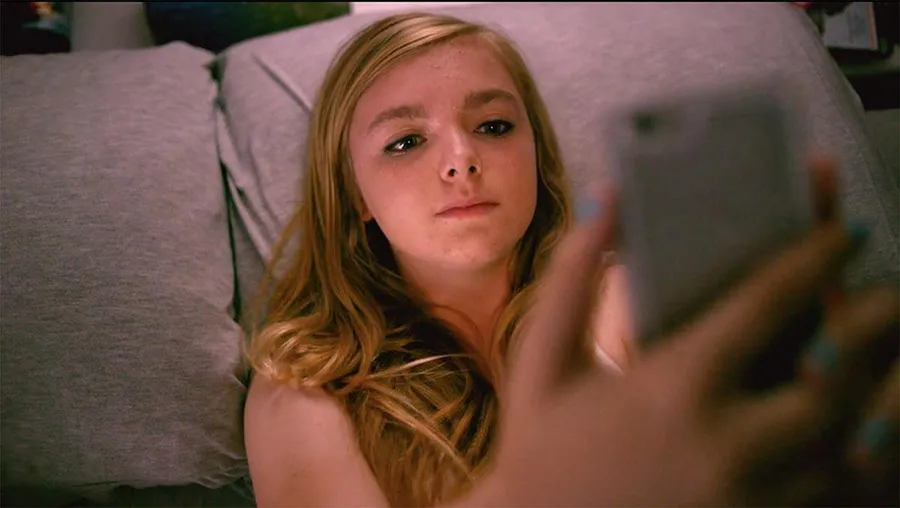
But it could also go wrong: let’s say the daughter is spending a lot of time on Instagram, and finds a community of fellow lesbians there. Their homophobic parent discovers that, so they limit the kid’s Instagram to one minute a day, set their account to private, and don’t let anyone message her. She is now isolated from that queer community.

The bill would not, as far as I can tell, allow parents to see what their minors (ages 13-17) are doing on social media. They may have more surveillance over kids under 13- I’m not sure. That said, most platforms let you see who other people are following. So even let's say that little lesbian doesn’t tell her dad that she’s following other gays online. Because he controls her settings, he could turn her account public and see that she's following a lot of gay people. And then he could restrict her account to the point of uselessness.
Censorship Could Increase
KOSA would be enforced by both the Federal Trade Commission and the attorney general of each state. Which means that ideological politicians may be able to use this law to persecute queer people.
Here’s the passage activists are worried about:
A covered platform shall take reasonable measures in the design and operation of any product, service, or feature that the covered platform knows is used by minors to prevent and mitigate the following harms to minors:
(1) Consistent with evidence-informed medical information, the following mental health disorders anxiety, depression, eating disorders, substance abuse disorders, and suicidal behaviors.
(2) Patterns of use that indicate or encourage addiction-like behaviors.
(3) Physical violence, online bullying, and harassment of the minor.
(4) Sexual exploitation and abuse.
(5) Promotion and marketing of narcotic drugs (as defined in section 102 of the Controlled Substances Act (21 U.S.C. 802)), tobacco products, gambling, or alchohol.
(6) Predatory, unfair, or deceptive marketing practices, or other financial harms.
Nothing in that passage has to do with being transgender specifically or queer generally, but activists are worried that an ideologically driven attorney could argue that accessing content about queer life led to their child becoming mentally ill. Picture a scenario where a southern kid reads on Instagram about the experiences of transgender women, recognizes herself in them, and the kid comes out as a girl. Because of this, she is bullied, becomes suicidal, and kills herself. The transphobic attorney general then sues Meta, arguing that if the kid never saw that material, they never would have killed themselves. As part of the settlement, Meta agrees to censor transgender content in that state.
More likely, Meta sees this kind of thing coming, and preemptively bans minors from seeing anything controversial.
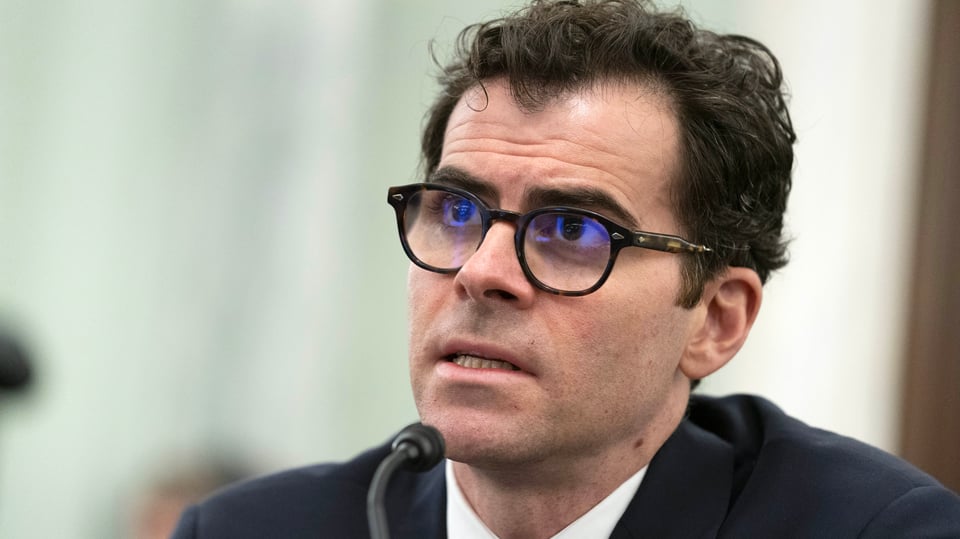
The Bill Isn't Dumb
According to ABC News, over 200 groups, largely pediatric organizations, have endorsed the bill and encouraged lawmakers to pass the bill into law before the end of the current congressional session. And it’s for good reason! Here are some good ideas in KOSA that I haven't covered so far:
Platforms would no longer show targeted teens as individuals. Ads can be targeted only because of what the kid is currently searching for (for instance, if they’re looking for glasses they might be shown a Warby Parker ad), or based on what the kid is currently viewing (a kid watching an iPhone review may be shown a pre-roll ad for the Google Pixel). And content recommendations can only take into account if the user is under 17, what city they live in, what accounts the user has chosen to follow, and what language they speak.
The bill covers many-to-many communication platforms, not one-to-one platforms. There’s specific carve-outs to prevent parents from reading their kid’s emails or messaging apps.
If a kid is under 13, then parental approval is required to create any account, and the parents are automatically given access to their kid’s privacy controls and other account settings. They’ll also have access to an easy-to-use system for filing reports of inappropriate content.
This kind of regulation could be a huge burden on a small platform company, and prevent them from competing with giants like Meta and TikTok. So the bill has carve-outs for companies with fewer than a million users, and less than 500 employees. Whether this would apply to decentralized networks like Mastodon, we have yet to see.
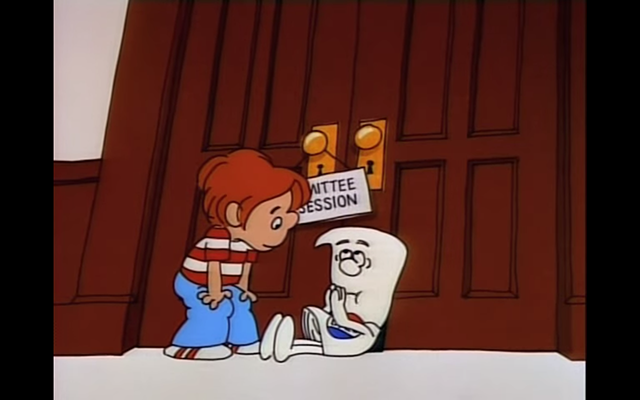
Will it even work?
This thing has some chance of becoming a law. But there’s no companion bill in the house, and while 47 senators have sponsored the bill, the bill would need 60 votes to pass. Biden has appeared to endorse it, but doesn’t seem to be putting a lot of political weight behind it.
The bill, if it passed into law, would undoubtedly reshape the internet. In order to access social media, we would have to submit government ID in some form, which could destroy our ability to post anonymously. This bill would give parents a lot more control over their kid’s internet usage- which could both save lives and enable abuse. And ultimately, it would provide a huge incentive for platforms to censor important information about topics ranging from abortion rights to queer identity.
And this approach may be wrongheaded- researcher danah boyd, who studies the internet's effect on children, wrote an article this week about how tech isn’t the origin of any of these problems, just an accelerant. Because of that, this bill would compromise our rights but not actually help kids. Read that article here.
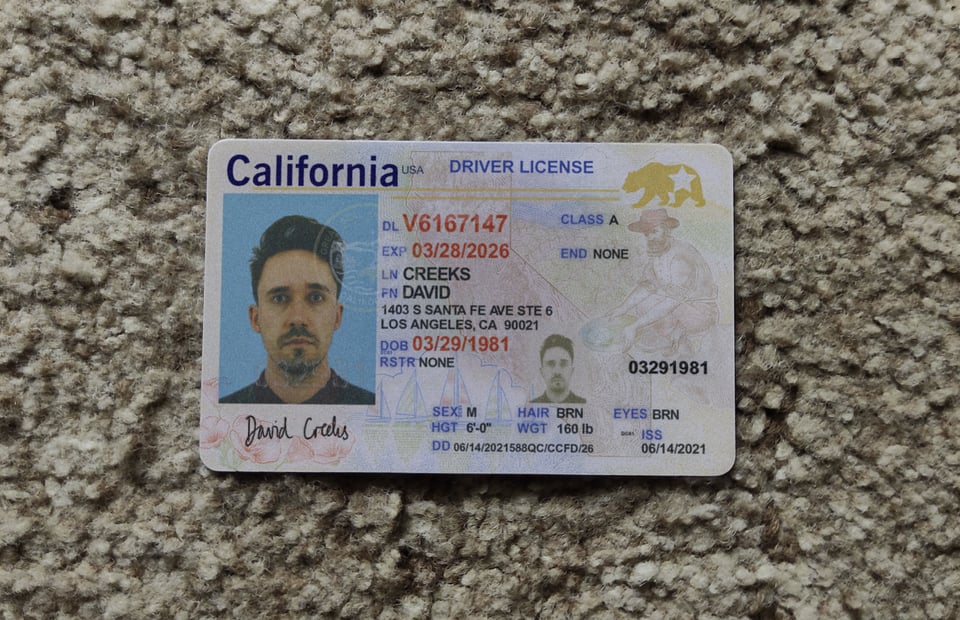
Side-Effects May Include:
Let’s say we neuter the internet, how will users adapt? Here are my predictions:
Teens are going to get good at minting fake digital IDs. You can already make pretty convincing fakes using neural networks, according to an investigation by 404 Media that came out this week. By the time this bill would be fully enacted, that tech will be pretty mature.
It could re-invent teen culture. Right now, a 15, 25, and 35 year old woman can have identical fashion taste because they watch the same TikTok influencer. Compare that to the 1990s and 2000s when magazines were the main source of fashion trends, and teens had separate media. KOSA would lead to ads being served not based on individual taste but based on age. So teens could once again have their own separate fashion trends.
It could lead to blogs coming back. This bill is aimed at social networks with recommendation algorithms. It doesn’t really affect websites!

Is KOSA Bad?
Here are the questions:
If hackers obtained the Driver’s License number of the 130+ Million Instagram users who live in the US, is that worth it if fewer teens develop eating disorders?
If trans kids aren’t able to understand their identities because they have no access to queer community, is that worth it if fewer cisgender kids suffer from depression?
If a loving mom is able to save her daughter from committing suicide by restricting her internet access, is that worth it if abusive parents can exert total control over their child’s digital life?
If you would like to email your representatives with your position on KOSA, go to this link, and edit the form until it expresses your view: https://www.stopkosa.com/
You can also call them the old fashioned way.
Further Reading:
How the Kids Online Safety Act puts us all at risk
At Meta, Millions of Underage Users Were an ‘Open Secret,’ States Say
KOSA isn’t designed to help kids.
Online safety legislation is opposed by many it claims to protect